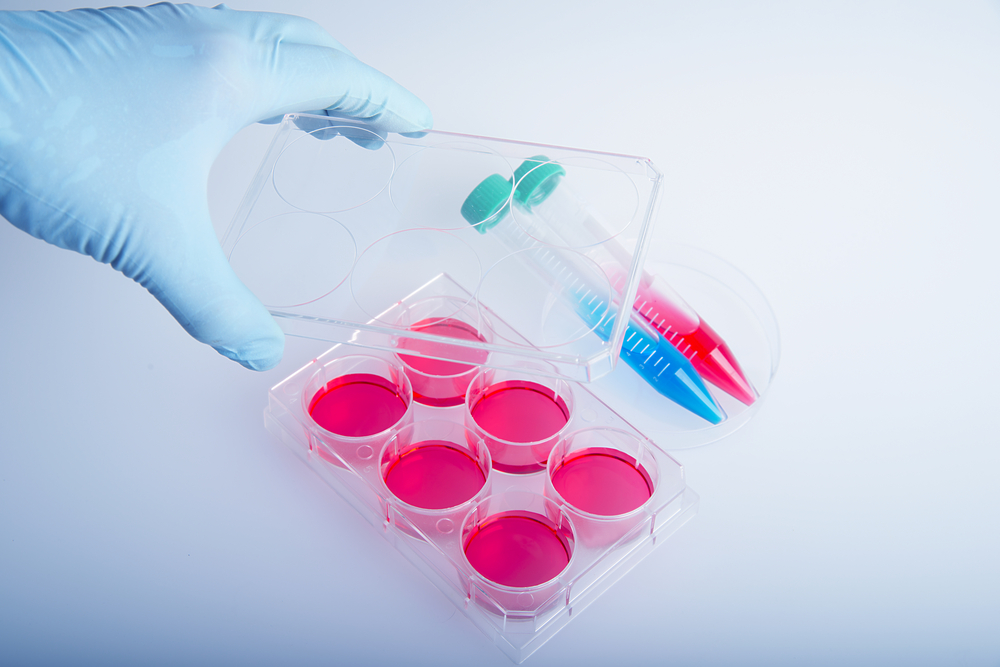International Stem Cell Corp (ISCO) Uses Revolutionary Technology To Boost Regenerative Medicine

According to the Mayo Clinic, current treatments are often unable to address the medical needs of Parkinson’s patients, since clinicians only have access to drugs or devices that manage symptoms. Nevertheless, several developments in immunology, cell biology and other fields have advanced the potential for regenerative medicine to make an impact on treating Parkinson’s disease patients in the near-term, since therapies based on regenerative medicine could lead to treating the underlying cause of the disease.
While researchers have made significant strides in researching regenerative medicine, the therapeutic approach still faces major obstacles in order to move forward, such as the issue of immune rejection of transplanted cells. However, International Stem Cell Corporation, thanks to its innovative stem cell technology, may be able to overcome these limitations in the near future and make significant advances in the medical market.
ISCO’s stem cell development process, called parthenogenesis, has enabled the company to advance a novel class of stem cells called human parthenogenetic stem cells (hpSCs), with favorable characteristics. This technique allows the creation of histo-compatible cells in larger segments that limits the risk of immune rejection while receiving treatment.
“In the first quarter of 2015 we completed all the necessary preclinical studies of our Parkinson’s program and formally submitted our application to begin the first clinical study of this novel approach to treating this debilitating disease in humans,” said Andrey Semechkin, ISCO’s Chief Executive Officer and Co-Chairman, in a press release.
The company’s recent product development highlights for 2015 include the termination of pre-clinical projects; the submission of an application to obtain a permit to conduct human trials in Australia; termination of manufacturing a bank of 2.6 billion human cells to be used in clinical trials; and receiving approval of a Japanese patent that covers parthenogenetic methods of stem cell creation, giving ISCO patent protection in the three largest world markets (EU, Japan and US).
“We continue to expect to make significant progress during the rest of 2015 towards our goal of providing a viable treatment option for people with Parkinson’s disease,” noted Semechkin.
Finally, according to Florida Hospital, estimates say that Parkinson’s disease affects up to 1 million Americans and that doctors diagnose about 60,000 new cases per year. When clinical trials are completed, the potential market for ISCO’s parthenogenetic cell creation will be limitless. The company continues to advance towards commercializing treatments for Parkinson’s disease and to find great opportunities to growth within the medical industry.






